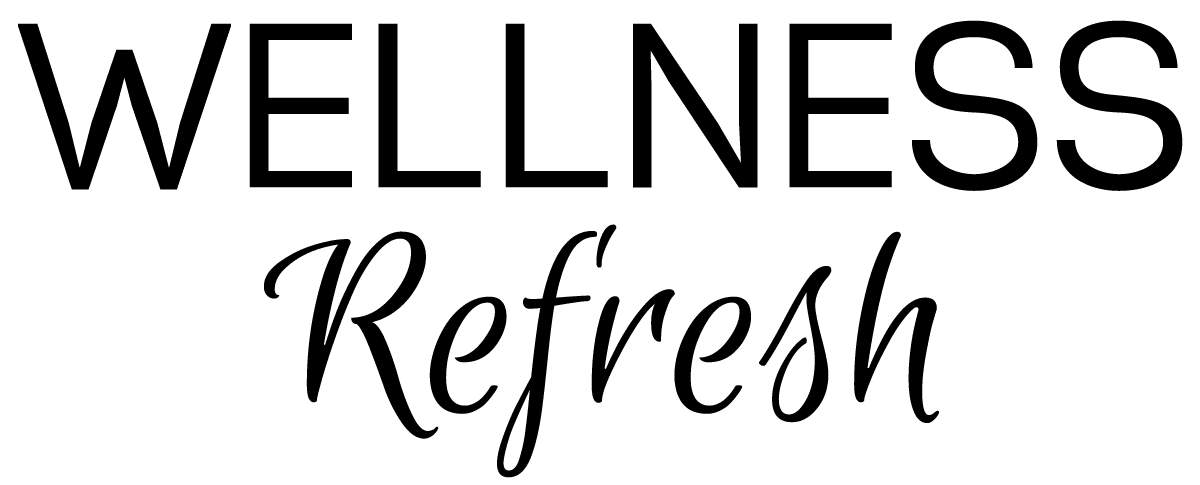We are headed into the holiday season! Although there is plenty of fun to be had, with all of parties, family gatherings, outings, and stress of the holidays, your immune system can take a hit. Thankfully, there are powerful options to help arm your immune system throughout the holiday season.
One word of caution, over-the-counter supplements are NOT the same as medical-grade supplements for many reasons. That is why I have set up access to my Fullscript virtual pharmacy so that you can have access to medical-grade supplements at a discounted rate! I have links at the bottom that’ll take you right to the product page of each of the immune support supplements I recommend taking. Hyperlinks are sprinkled throughout as well!
You will need to create an account at my Fullscript pharmacy first to get a discount off these medical-grade supplements from retail pricing.
Let’s get right into discussing the top 5 immune support supplements!

Elderberry
Elderberry has long been used as a health remedy across many cultures for thousands of years. Elderberry benefits include having anti-microbial (antiviral and antibacterial, for example) and anti-inflammatory properties as well as having high concentrations of antioxidants [1]. The active component in elderberry is called Sambucus nigra L.
This delicious berry packs a punch against germs. It has been shown to be effective in treating the flu and other respiratory diseases [2], [3]. Elderberry benefits are far and wide.
With all the talks of a triple pandemic (COVID, flu and RSV) this winter, it’s a no-brainer to add this into your daily mix. I take a teaspoon of elderberry syrup daily.
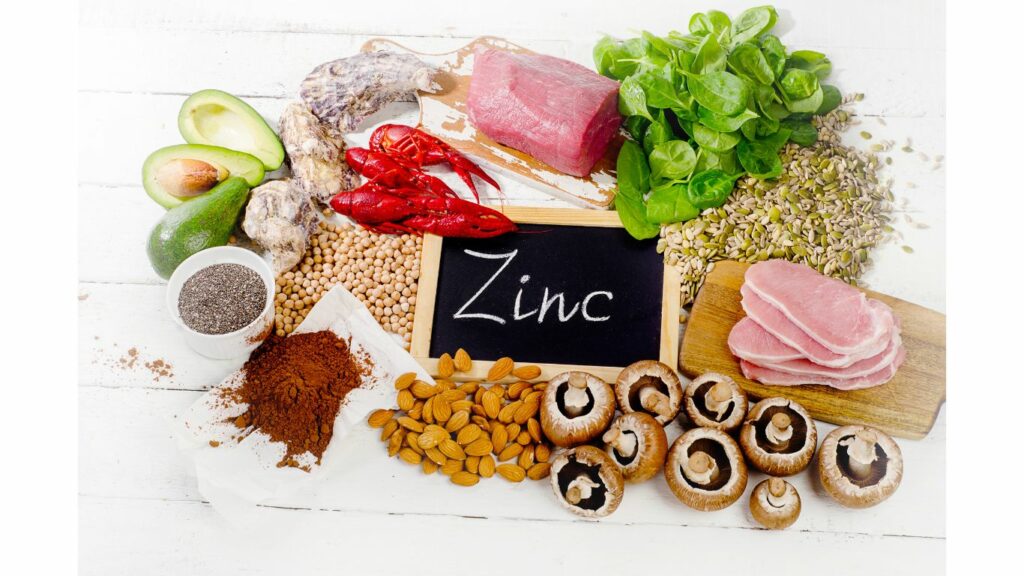
Zinc
This powerful mineral plays a vital role in the immune system. It not only has antibacterial and antiviral properties, it also supports the growth of important immune cells and building proteins [4]. Additionally, zinc is a component in various proteins that are responsible for DNA repair. I’d say that’s pretty important!
Zinc has been heavily researched to show it may reduce the length of a cold by 2.25 days [5]. The recommended dietary allowance for adults for zinc (that are not lactating and/or pregnant) is 11mg for adult males and 8mg for adult females. However, supplementing with zinc can be safely done at 15-30mg daily. During cold and flu season, I recommend a 15 mg zinc bisglycinate capsule taken daily or at the first onset of a cold. The bisglycinate form allows more zinc to be absorbed with fewer side effects than other forms of zinc (i.e. super-rapid trips to the toilet).
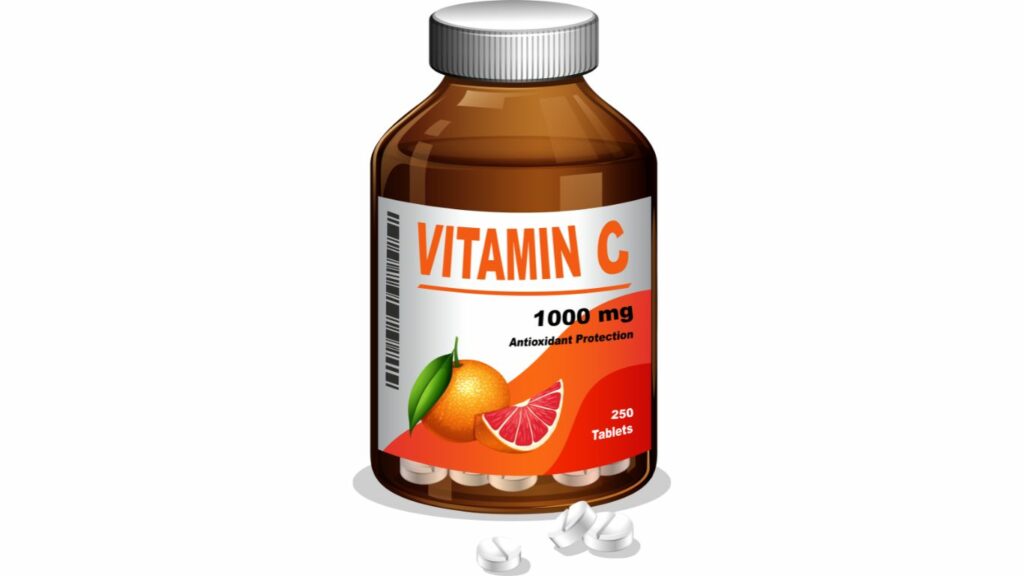
Vitamin C
Vitamin C, a water-soluble vitamin, is a powerful antioxidant that plays a crucial role in immune system function, adrenal function, collagen synthesis, generating vitamin E and glutathione, and neutralizing free radicals. Vitamin C is such a superstar nutrient that it seems to not only prevent respiratory infections it also treats them along with various systemic infections [6].
There is evidence that there is a better effect if you take zinc and vitamin C together. When you take zinc and vitamin C together, the duration of the common cold decreases significantly. Yes, please!
I highly suggest taking Vitamin C Liposomal. The liposomal form is absorbed better, meaning you get more vitamin C into your system instead of just peeing it out. You’ll get better benefits when your body is able to take in this nutrient with fewer side effects. There is much less of a chance of this upsetting your belly and making a mad dash to the toilet as there is with other forms.
Typically 1-2g, or 1000-2000mg of liposomal Vitamin C is perfection during cold/flu/COVID/RSV season.
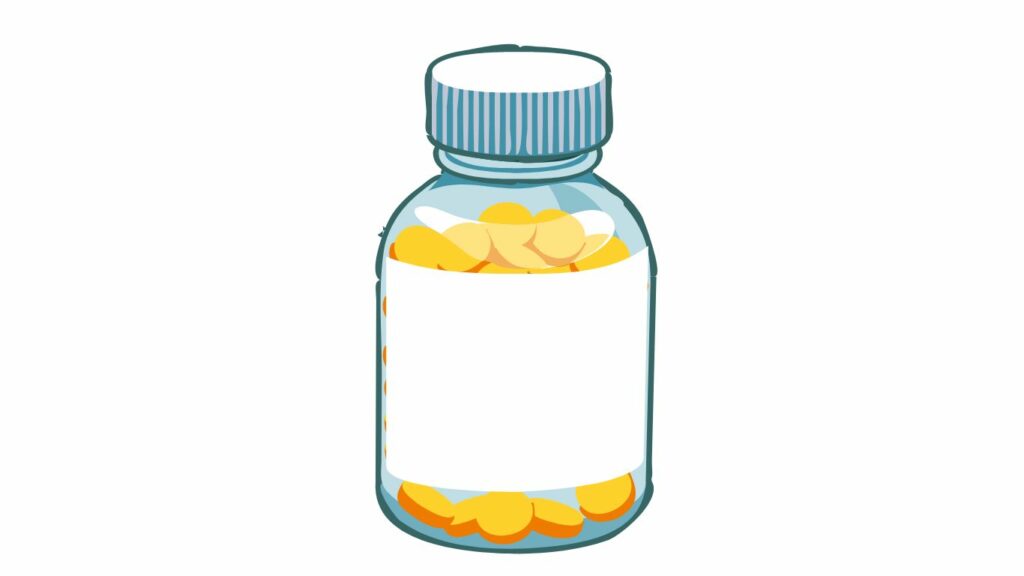
N Acetyl Cysteine
What are the N Acetyl Cysteine benefits? It is a powerhouse of an antioxidant to neutralize free radicals that are responsible for disease and inflammatory states in the body. It is also a precursor to glutathione, which is necessary for immune function. Finally, it also plays an important role in detoxification, improving brain and mental health. Certainly, we could all use a little more of that in our lives these days. Am I right?!
N Acetyl Cysteine benefits during cold and flu season are phenomenal. So much so, that it could be used for not only the prevention of flu and COVID, but also for their treatment [8]. I recommend taking 600 mg of N Acetyl Cysteine 1-2 times per day to best support your body.
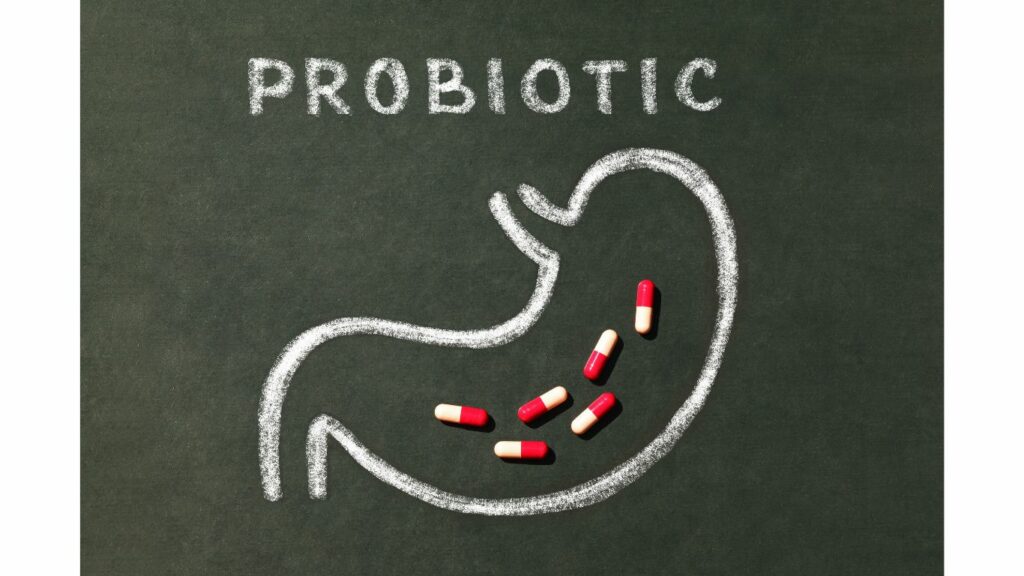
Probiotic
Probiotics are taken to increase the diversity of the intestinal microbiome. In other words, probiotics can keep the bad bacteria in the gut from running amok. They have incredible anti-inflammatory and immune system regulation superpowers [9].
There are studies showing probiotics can be taken to prevent respiratory tract infections AND treat them [10]. For example, probiotic Lactobacillus strains have been shown to prevent the influenza virus. Furthermore, Lactobacillus strains also have a synergistic effect with the flu vaccine, meaning that each can help the other work more effectively. How amazing is that?
There are shelf-stable probiotics that do not need to be kept in the fridge, which is perfect for travel.

Let's get your immune system primed!
To get the most bang for your buck with your supplements, contact me today to schedule your free consultation. There we can discuss how to make a personalized wellness plan just for you based on your genes!
TOP 5 immune support supplements at Fullscript:
References
- Młynarczyk, K., Walkowiak-Tomczak, D., & Łysiak, G. P. (2018, January). Bioactive properties of sambucus nigra L. as a functional ingredient for food and pharmaceutical industry. Journal of functional foods. Retrieved November 21, 2022, from https://www.ncbi.nlm.nih.gov/pmc/articles/PMC7185606/
- Krawitz , C et al. (2011, February). Inhibitory activity of a standardized elderberry liquid extract against clinically-relevant human respiratory bacterial pathogens and influenza A and B viruses. BMC complementary and alternative medicine. Retrieved November 21, 2022, from https://pubmed.ncbi.nlm.nih.gov/21352539/
- Torabian et al. (2019, January 31). Anti-influenza activity of elderberry (Sambucus nigra). Journal of Functional Foods. Retrieved November 21, 2022, from https://www.sciencedirect.com/science/article/abs/pii/S1756464619300313?via%3Dihub
4. Harvard, T. H. C. (2022, March 2). Zinc. The Nutrition Source. Retrieved November 21, 2022, from https://www.hsph.harvard.edu/nutritionsource/zinc/
5.Wang et al. (2020, July). Zinc supplementation reduces common cold duration among healthy adults: A systematic review of randomized controlled trials with micronutrients supplementation. The American journal of tropical medicine and hygiene. Retrieved November 21, 2022, from https://pubmed.ncbi.nlm.nih.gov/32342851/
6. Maggini, S., & Carr, A. (2017, November). Vitamin C and immune function. Nutrients. Retrieved November 22, 2022, from https://pubmed.ncbi.nlm.nih.gov/29099763/
7. Maggini, S., Beveridge, S., & Suter, M. (2012). A combination of high-dose vitamin C plus zinc for the common cold. The Journal of international medical research. Retrieved November 22, 2022, from https://pubmed.ncbi.nlm.nih.gov/22429343/
8. De Flora, S., Balansky, R., & La Maestra, S. (2020, October). Rationale for the use of N-acetylcysteine in both prevention and adjuvant therapy of COVID-19. FASEB journal : official publication of the Federation of American Societies for Experimental Biology. Retrieved November 22, 2022, from https://www.ncbi.nlm.nih.gov/pmc/articles/PMC7436914/
9. Cristofori, F., Dargenio, V. N., Dargenio, C., Miniello, V. L., Barone, M., & Francavilla, R. (2021, February 26). Anti-inflammatory and immunomodulatory effects of probiotics in gut inflammation: A door to the body. Frontiers in immunology. Retrieved November 22, 2022, from https://www.ncbi.nlm.nih.gov/pmc/articles/PMC7953067/
10. Darbandi, A., Asadi, A., Ghanavati, R., Afifirad, R., Darb Emamie, A., Kakanj, M., & Talebi, M. (2021, April). The effect of probiotics on respiratory tract infection with special emphasis on COVID-19: Systemic review 2010-20. International journal of infectious diseases : IJID : official publication of the International Society for Infectious Diseases. Retrieved November 22, 2022, from https://www.ncbi.nlm.nih.gov/pmc/articles/PMC7871912/
